Cheetah Genes
The African cheetahs we know today likely migrated there from North America around 100,000 years ago.

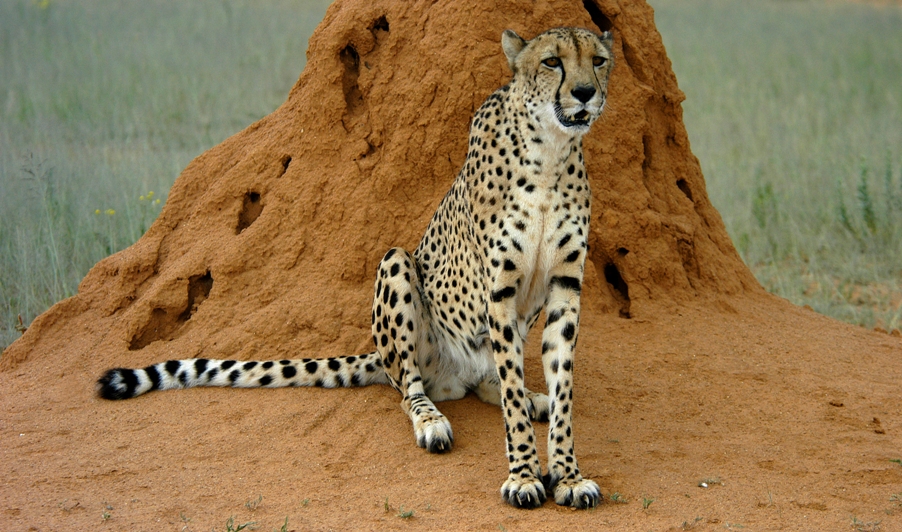
The African cheetahs we know today likely migrated there from North America around 100,000 years ago.
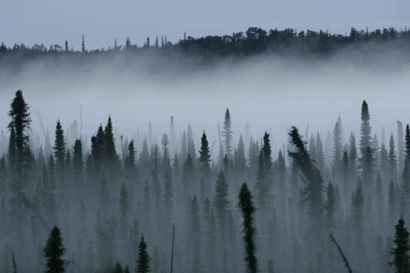

Genetically male tadpoles could be turning into female frogs because of the plants in your own backyard.
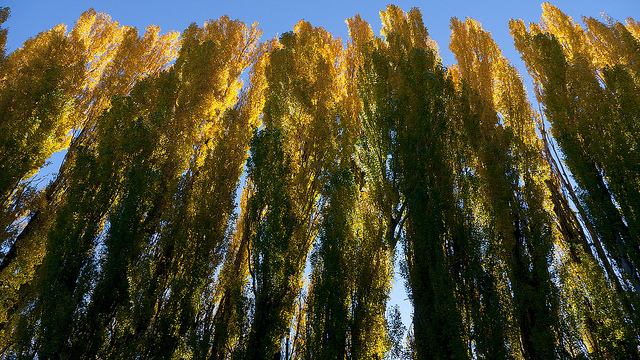
Should regulations that limit genetic engineering research be modified to allow GMO trees?
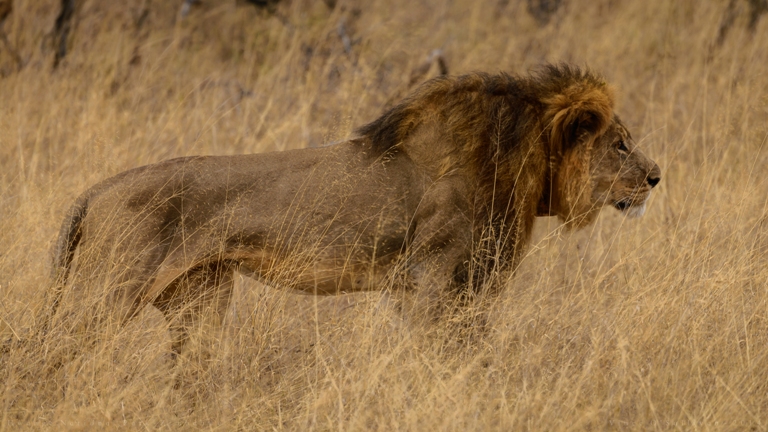
Our unique predatory behavior puts other predators, as well as entire ecosystems, at risk.
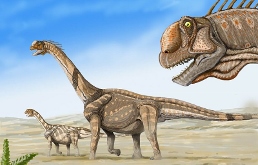
ANCIENT ANATOMY (Encore Presentation) - What dental records from the Mesozoic era can tell us about the lives of dinosaurs. How humans are uniquely adapted to throw baseballs. Also: an automated nature recording system that's monitoring environmental change. And, could vaccinating children protect the elderly as well?
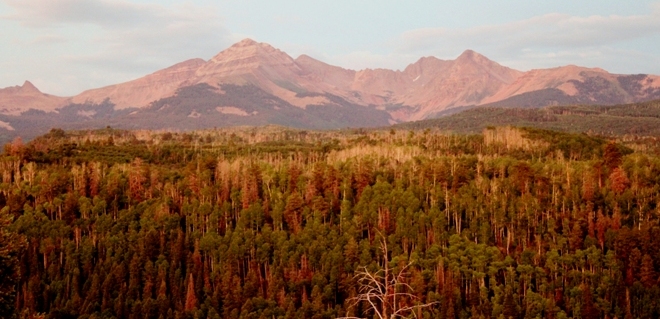
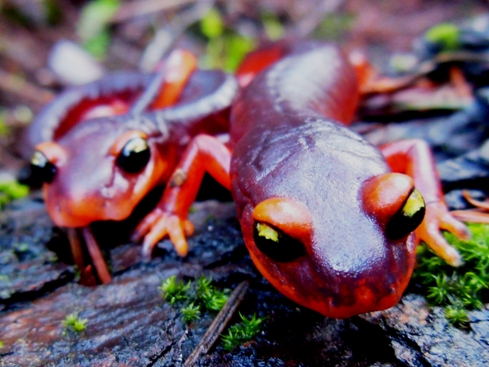
Hibernation is the key to getting an endangered frog species to breed in captivity.
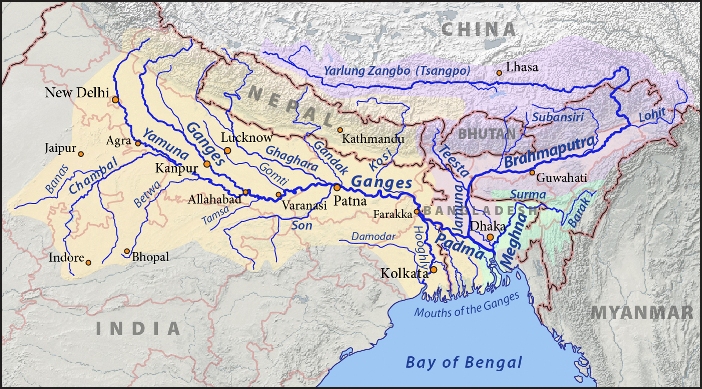

What’s behind the sudden surge in earthquakes in the middle of the United States?

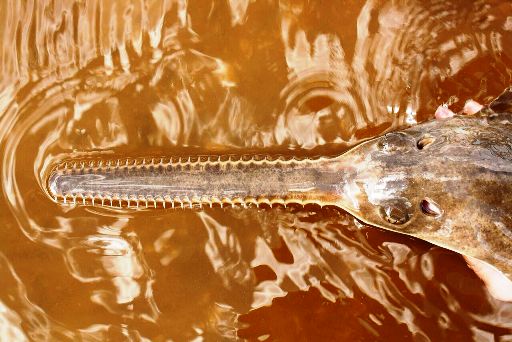
A critically endangered fish may be making up for to a lack of mates by reproducing without sex.

Like the pioneers of the American West, the birds that are now settling the Arctic frontier in response to climate change aren’t necessarily the biggest or the strongest, but may instead be castoffs from more hospitable settled areas.
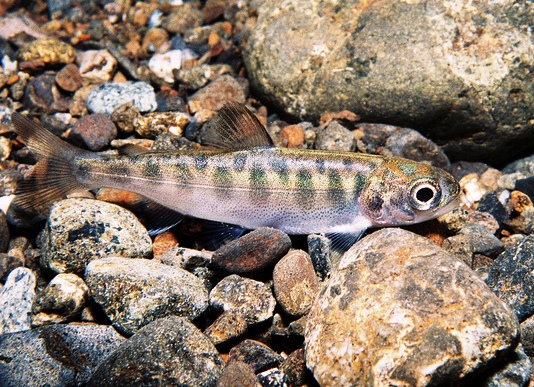
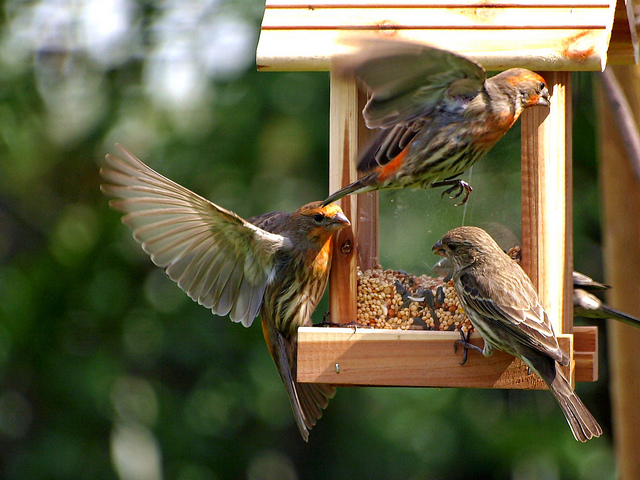
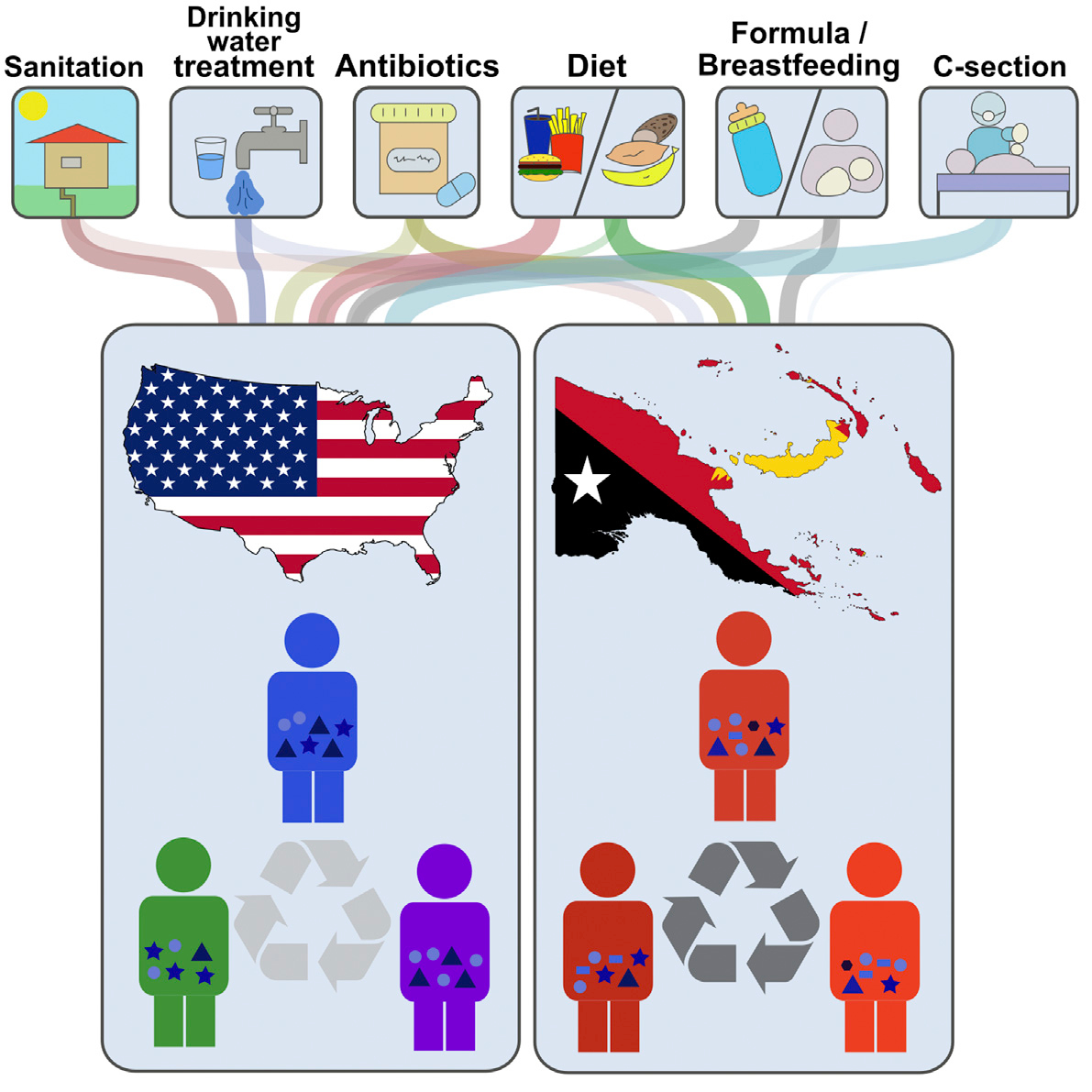
Disease-stopping hygiene practices may also slow the spread of helpful microbes.
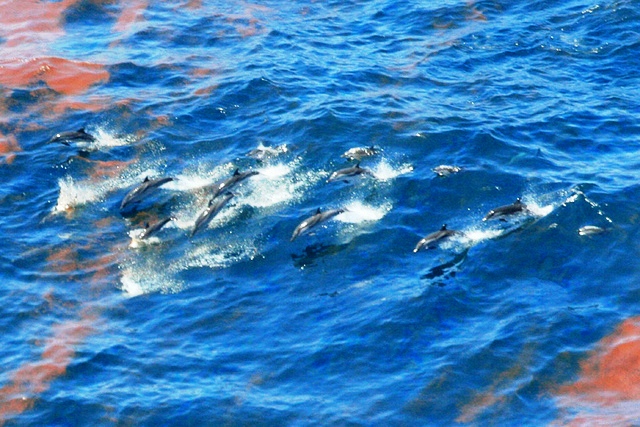
How are animals coping 5 years after the Deepwater Horizon oil spill in the Gulf of Mexico?
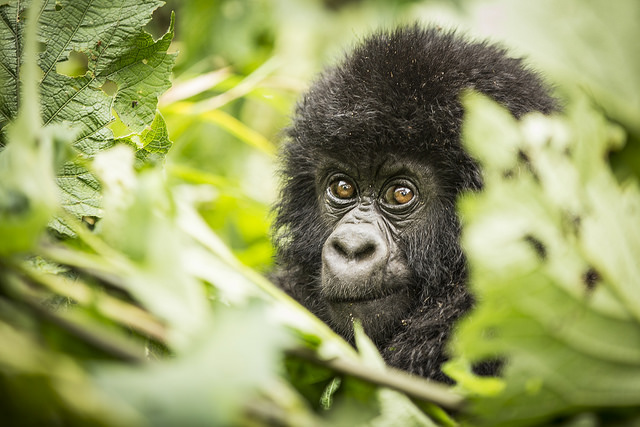
The genome of the critically endangered mountain gorilla provides clues to its genetic past as well as its prospects for future survival.
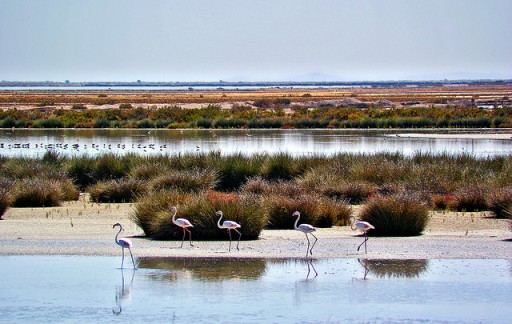
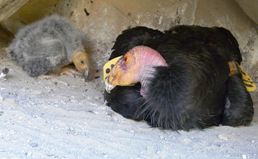
LIFE ON THE EDGE (Encore Presentation) - The challenges facing endangered California Condors when they return to the wild. Could armadillos help end blindness? How scientists can tell that sharks really are what they eat. Fuel from the sea. And, unraveling the mysteries of glowing blue slime.
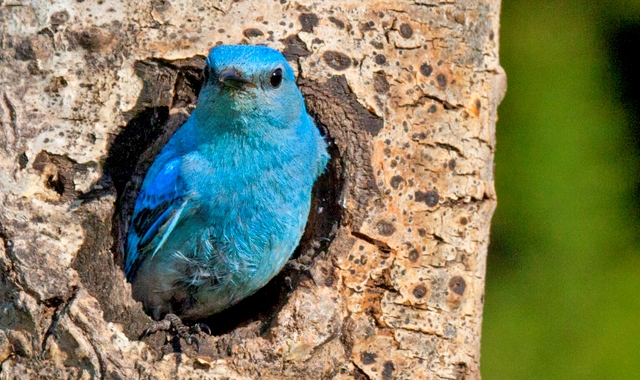
Bluebird mothers control their sons’ ability to compete for habitat in post-fire habitat.
A smartphone app allows citizen scientists to track litter that makes its way into our waterways.
